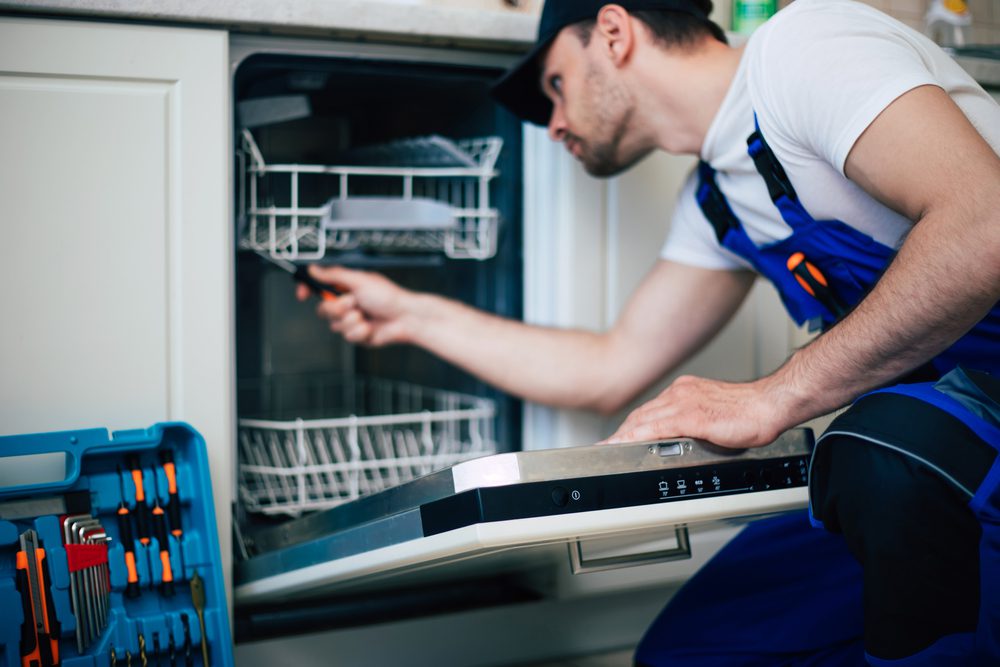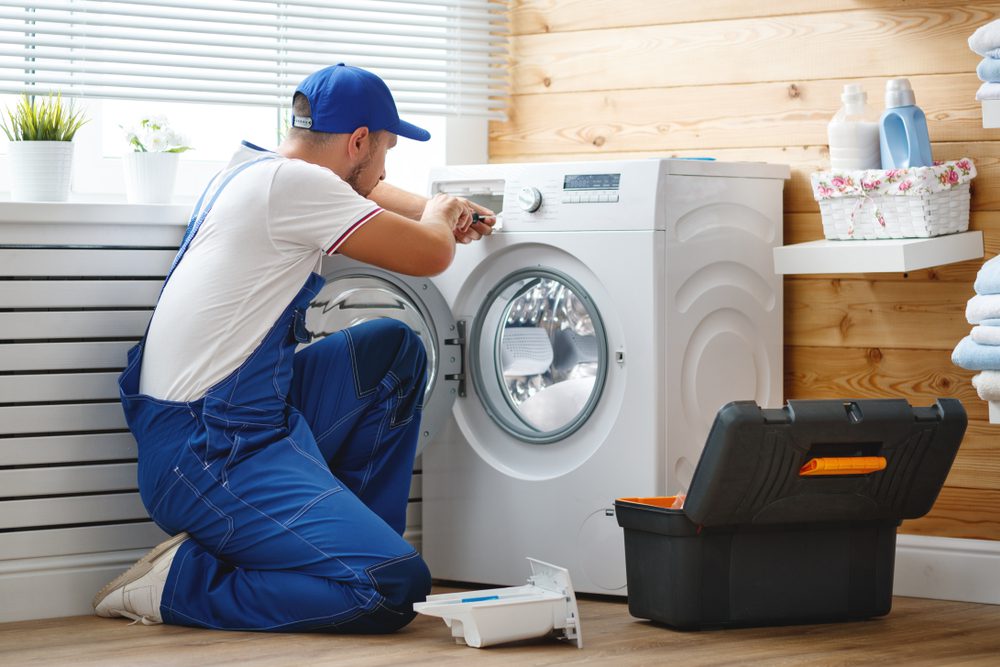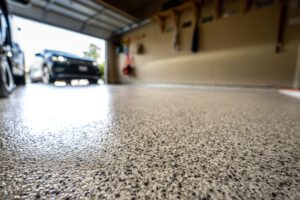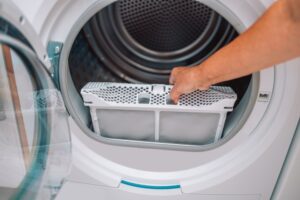What do you think a plumber knows but won’t tell?
They might not admit it, but plumbers have certain secrets they don’t disclose to anyone, and when they do this, it’s usually for some additional money. We don’t judge, because everyone needs money, but so do you.
You surely want to save some cash and enjoy your life without having the fear that you’ll need to hire a professional to get some things repaired around your house. You might think that you’re more than capable to solve your own issues and sometimes it’s true and other times it’s best to let the pros do their job.
Speaking of that, sometimes you’ll run across a plumber who’s willing to share some of their trade secrets with you, and we’ve been lucky enough to do just that. We’ve talked to them about a few things that the majority of homeowners or renters do wrong and end up paying tons of money to solve their issues.
We’re going to share everything with you! Let’s take a look at what we’ve found to discover how to save a ton of cash on plumbing projects, particularly in the bathroom.

13. Dishwasher
If your dishwasher has stopped working as it should, we have the ideal DIY project to clean mineral deposits and grease from the jets and other moving components.
All you need to do is run a simple cycle with vinegar or rust remover. Of course, this is fine when your dishwasher is in generally good condition, but if there are more problems with it, you might need an expert’s opinion. However, it’s better to be safe than sorry, so before you start using any kind of cleaning product on your equipment, check the instructions that came with it.
12. Turn the valve
Did you know that the line from the bottom of the tank of every toilet is attached to a shutoff valve? Rather than going into panic mode and quickly calling a plumber to come over and see what’s going on, we have a trick you can do.
Don’t be so quick to contact a professional if your toilet is going to overflow; flip the valve to the right to shut it down. Once the water is turned off, most situations allow you to simply dive to safety rather than needing to use a fishing net. You know the drill: tighten it all the way to turn it off.
11. The right utensil
DIY projects are fun and useful when you want to create something that you’ll enjoy while saving money at the same time. When it comes to things around the house, you want to be extra cautious, because if you don’t do your homework, you might end up destroying things and then having to call a plumber to do it for you.
While we’re on the subject, you should use a hacksaw instead of a wrench to remove the bolts from the old toilet seat. A hacksaw blade can easily cut through the bolt, but if the wrench slips and you shatter the toilet, you’ll have to contact a plumber to do a far more costly remedy (such as installing a new toilet).
10. Adjusting the faucet flow
Do you know whether your aerator is working or not? The screen in your water system that is supposed to catch debris has probably already done its job.
In most cases, you can remove an aerator by hand, and if not, you just need to turn a wrench a quarter turn (slide cardboard into the teeth of your wrench to avoid scratching your fixture). Reinstall after thoroughly cleaning the screen and you’re done. Now you can treat yourself, since you’ve saved enough money instead of calling a plumber to do the job for you!

9. Washing machine damage
A ruptured washing machine hose is a common source of property damage and a common reason for homeowners to file insurance claims. But we know exactly what you should do. Stop this impending danger by replacing the existing hoses with stainless steel ones.
They are not extraordinarily costly and, depending on where your washing machine is located, might save thousands of dollars in damage. We think this is a win-win situation. What are your thoughts? Tell us in the comment section!
8. Other problems
Do you want to lessen the impact of a plumbing emergency? Everyone should be familiar with the location of the home’s primary water shut-off valve. Turning off the water supply ahead of time might transform a repair from a DIY project into a contractor’s dream.
According to the experts we’ve talked to, this is such a no-brainer. You wouldn’t believe how often they have to look for it when they come out to fix a plumbing problem. Make sure everyone in the home knows where the water shutoff valves are located. It’s a good idea to have everyone in the house informed, so you won’t be highly impacted by any unfortunate situations.
7. Don’t use your kitchen utensils
If your shower drain is blocked, go to the dollar store for a pair of kitchen tongs and start to work. You should store these “hair-raising” tongs with the plunger, not in the kitchen with the cookware.
An alternative is a Zip-it drain cleaning gadget. These plastic gadgets, like a long white cable tie with teeth, are widely available at hardware shops. If you must do this, please wear rubber gloves to protect your hands from dirt and bacteria.
6. Don’t believe everything that’s written on the package
This is really important, so read it carefully, unless you don’t want to waste a ton of money! Baby wipes that claim to be flushable really aren’t. It’s better not to get rid of them in the toilet, because you might risk getting your toilet clogged.
You shouldn’t flush anything but toilet paper since it decomposes too slowly. It’s easy to check whether or not a product really is flushable, so do that before you put something in your toilet. You can do a little experiment to be sure of this: place a sheet in a container of water; then try to dismantle it when you return in 1 minute.
If it doesn’t break down into little pieces, it can’t go down the toilet. Maybe it will disintegrate at the sewage treatment facility, but not before it causes a backup in your home’s pipes and forces you to hire a plumber.
Another thing you shouldn’t toss in the toilet is dental floss. We know that it is easy to put them in the toilet and then flash them, but you might risk putting your bathroom into serious trouble, which will force you to call a plumber. The worst part is that if you live in an apartment, you might even damage your neighbors’ toilets.
…So think of it this way: your toilet needs to follow a strict diet that’s based only on toilet paper. Don’t feed it something else because it doesn’t go well with their lifestyle!
5. Dropping things in the sink
Most plumbers would be pleased to come over and charge you an hour’s worth of work for a service that takes all of 2 minutes to do. As we’ve already said, of course, everyone needs money, and so do you.
All you need to do is grab a bucket and place it under your P-trap before removing the clean-out. The odds are quite high that your ring and other “goodies” will land in the bucket.

4. You can easily fix your garbage disposal by yourself
Most trash disposals have an Allen wrench included with the purchase. Put it in the bathroom drawer so you can have access to it every time you need it. If you have a clogged disposal and follow the manual’s troubleshooting steps, you won’t have to call a plumber, so you’ll save money.
3. Don’t use your pipes as hangers
We know that this might sound like a no-brainer, but some people think that their pipes are strong enough to hold clothes or any other objects. They might not be heavy, but they can put pressure on the pipes, which can then lead to damage.
The plumbers we’ve talked to for our research have seen light objects shatter and flood basements, so don’t assume they won’t do damage. In no way is this something you want to have to deal with. You should teach yourself how to solder copper pipes, so you won’t have to deal with any unfortunate events.
2. When to turn off your water
You should always turn off your water supply before leaving on a long trip. It’s the most effective method for protecting your home from flooding in the event of a plumbing emergency while you’re gone.
However, make sure someone checks on the home on such days if the temperature is expected to dip below freezing; frozen pipes might cause serious damage, and you surely don’t want to deal with something like this. It costs a lot of money, takes a lot of time, and is really stressful.
1. Maintain what you have
Pipes need regular maintenance and that’s a fact. You might reduce the frequency with which you need to hire a plumber by conducting routine maintenance on your plumbing, such as checking for leaks, not pouring incorrect items down the drain, flushing the water heater, and cleaning the showerhead on a regular basis.
Prevention is better than treatment, so in order to save money on the long run while also enjoying everything you have to its maximum capacity, you should take care of everything in your home. Be diligent and stay on top of the yearly tasks that all savvy homeowners do.
…Do you know how to protect your home from a potential fire? Then check out this article: 6 Most Common Causes of House Fires!















